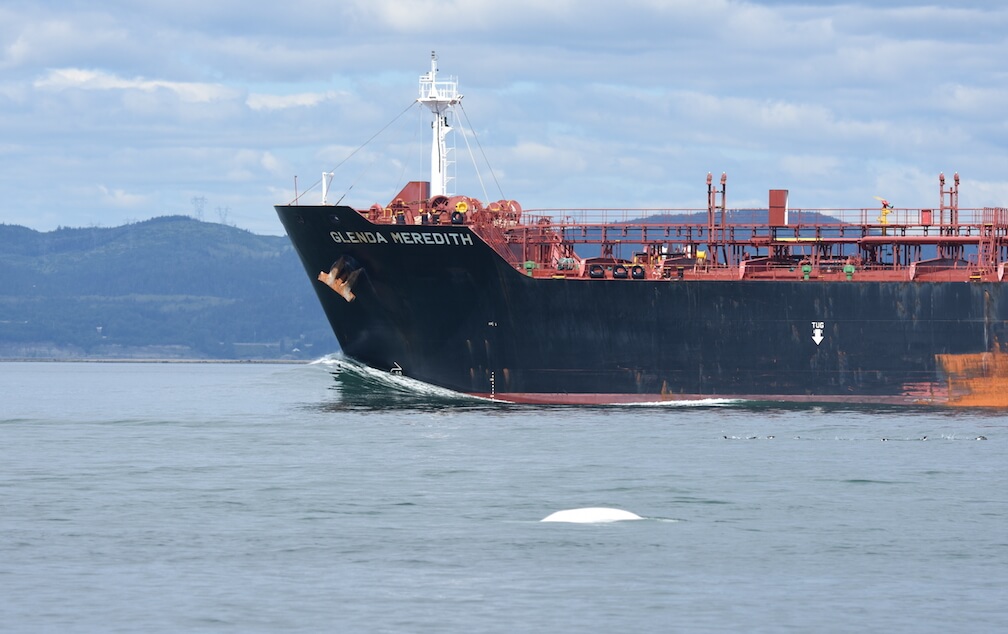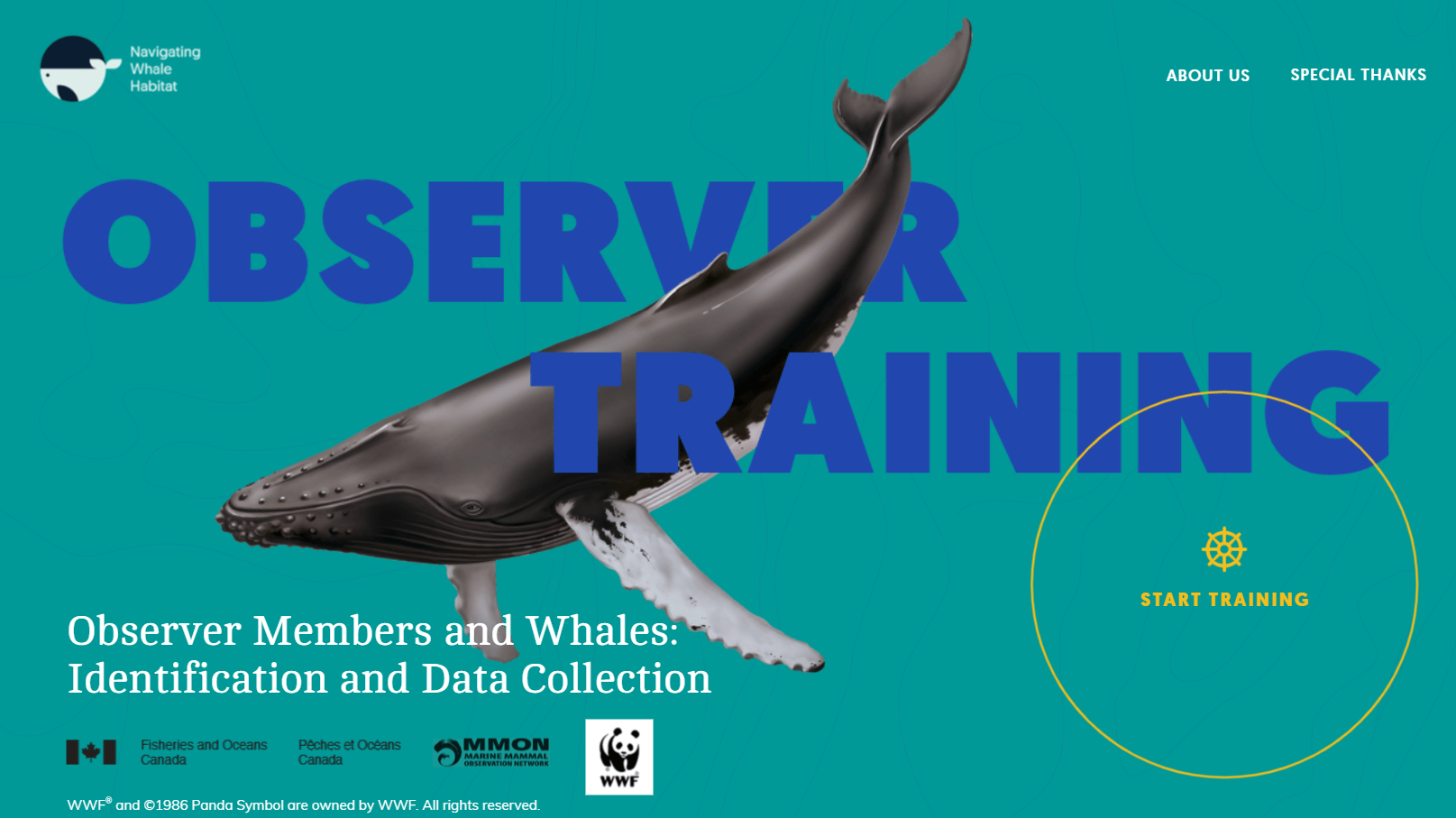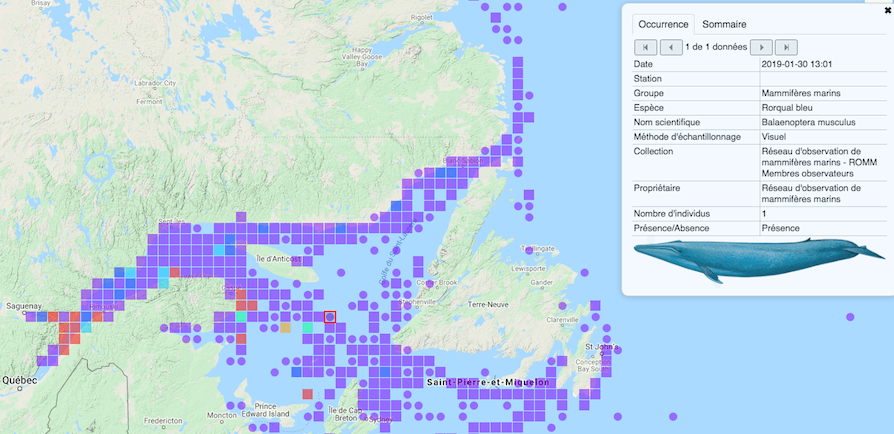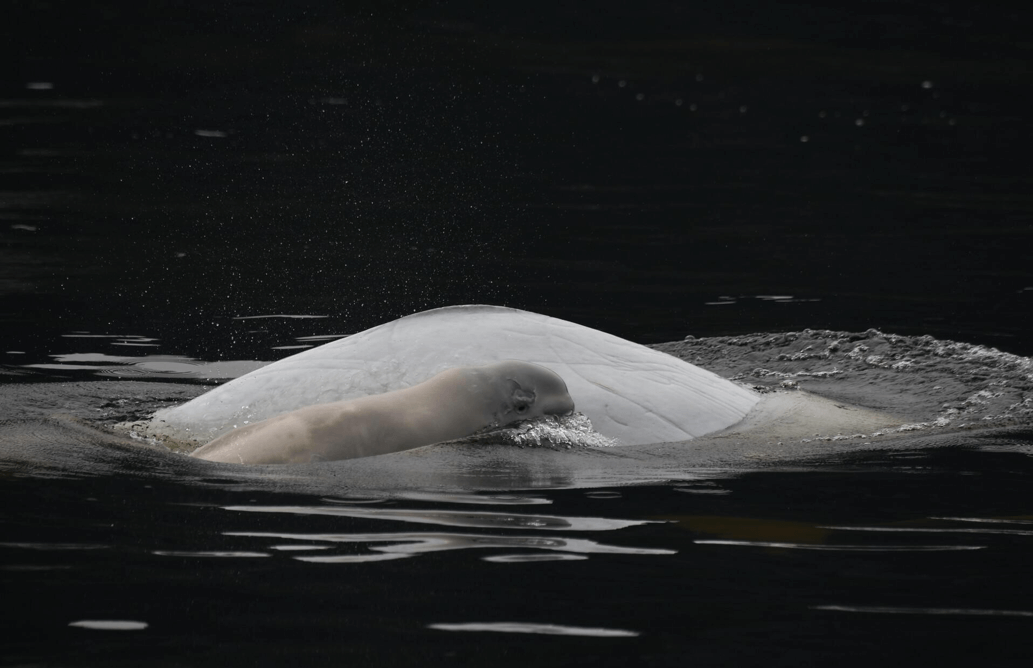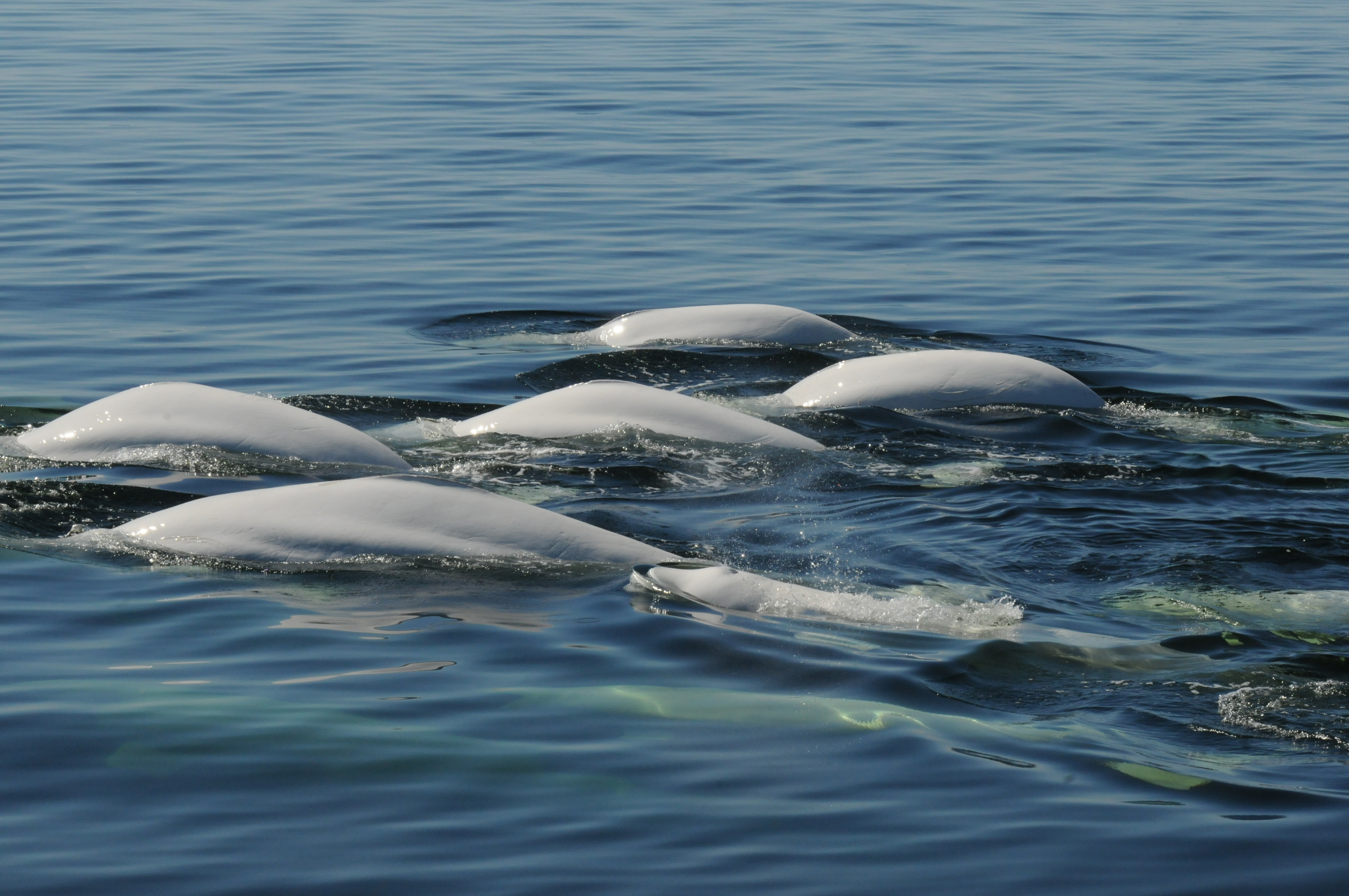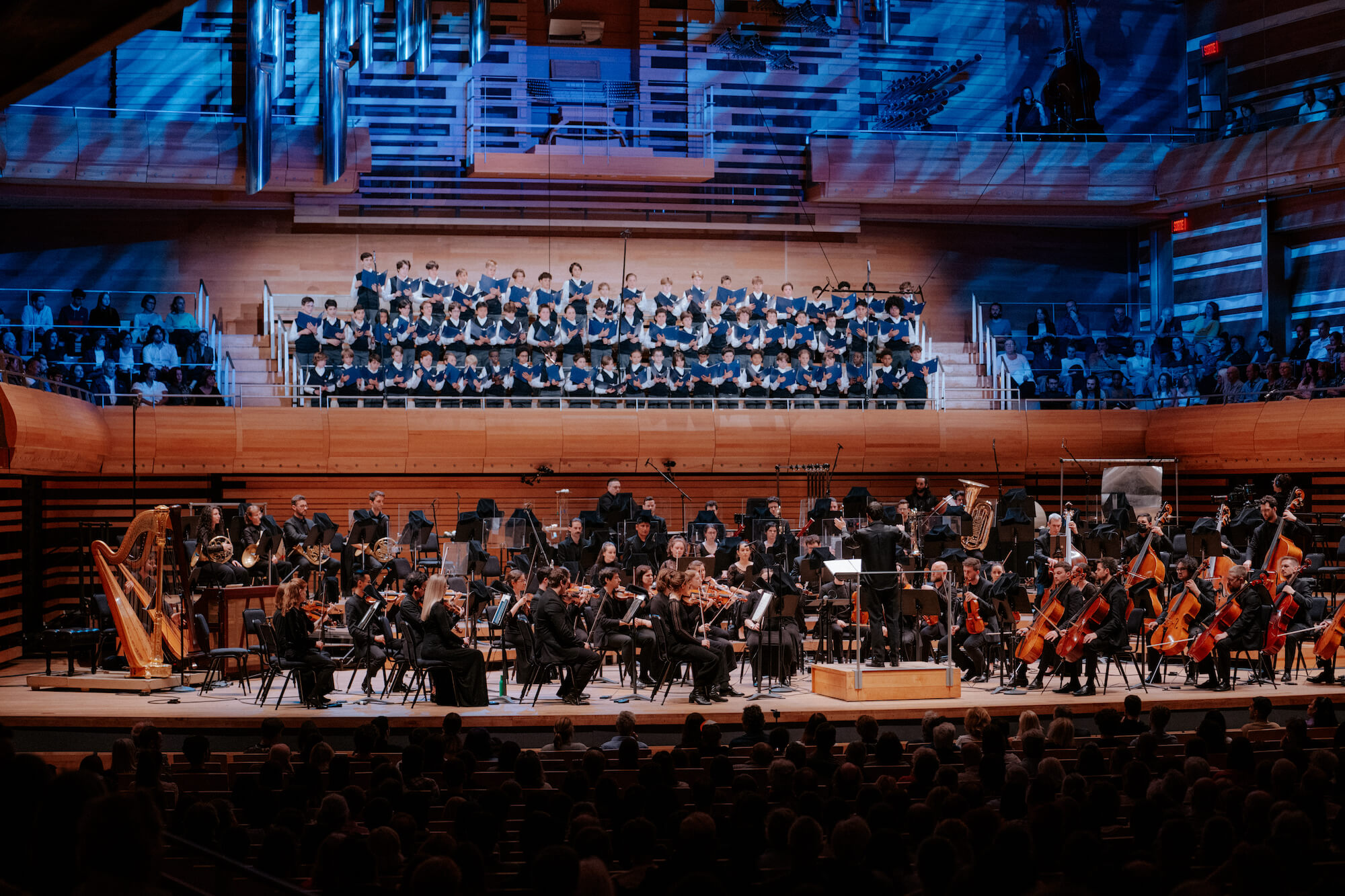The Marine Mammal Observation Network (MMON), the World Wildlife Fund for Nature (WWF) and the St. Lawrence Global Observatory (SLGO) are launching a new training in navigating whale habitat for the maritime industry. The 45-minute interactive training explains how to recognize different species of whales and how ship operators plying the Northwest Atlantic can document their marine mammal sightings and share them with the MMON. “By collecting data, ship operators are participating in marine mammal conservation and this is a source of great pride for them,” explains MMON assistant director Sonia Giroux.
At the same time, the aforementioned organizations are publishing a new edition of A Mariner’s Guide to Whales in the Northwest Atlantic, which notably presents the regulations put in place to mitigate the impacts of commercial shipping on whale populations as well as the voluntary measures that can be implemented by vessels. The guide also contains a series of maps that indicate areas where large numbers of whale sightings have been recorded in recent years and which therefore warrant extra caution.
As an organization dedicated to marine mammal conservation, the MMON is involved in training marine mammal observers. The organization then collects their observations and adds them to the St. Lawrence Global Observatory database, which is publicly accessible at no cost and is used by researchers around the globe.
Already, 12 shipping and ferry companies operating a combined fleet of over 60 vessels belong to this network. In 2019, the maritime industry reported more than 2,000 sightings, a significant increase since the program debuted in 2015.
«Observations reported by ship operators are invaluable», says Sonia Giroux. Indeed, these mariners navigate in areas that are rarely visited by research vessels. And, unlike the latter, they collect observations even in the winter months, thereby contributing data that would otherwise go unrecorded.
This training increases the reliability of their sightings in terms of species identification. It also aims to standardize the way that data are recorded thanks to a new online data entry tool. The observations reported by ship operators can therefore be used for scientific research purposes.
Do you ply the St. Lawrence with a pleasure craft rather than a container ship? If so, then the training for pleasure boaters is better suited to you.


